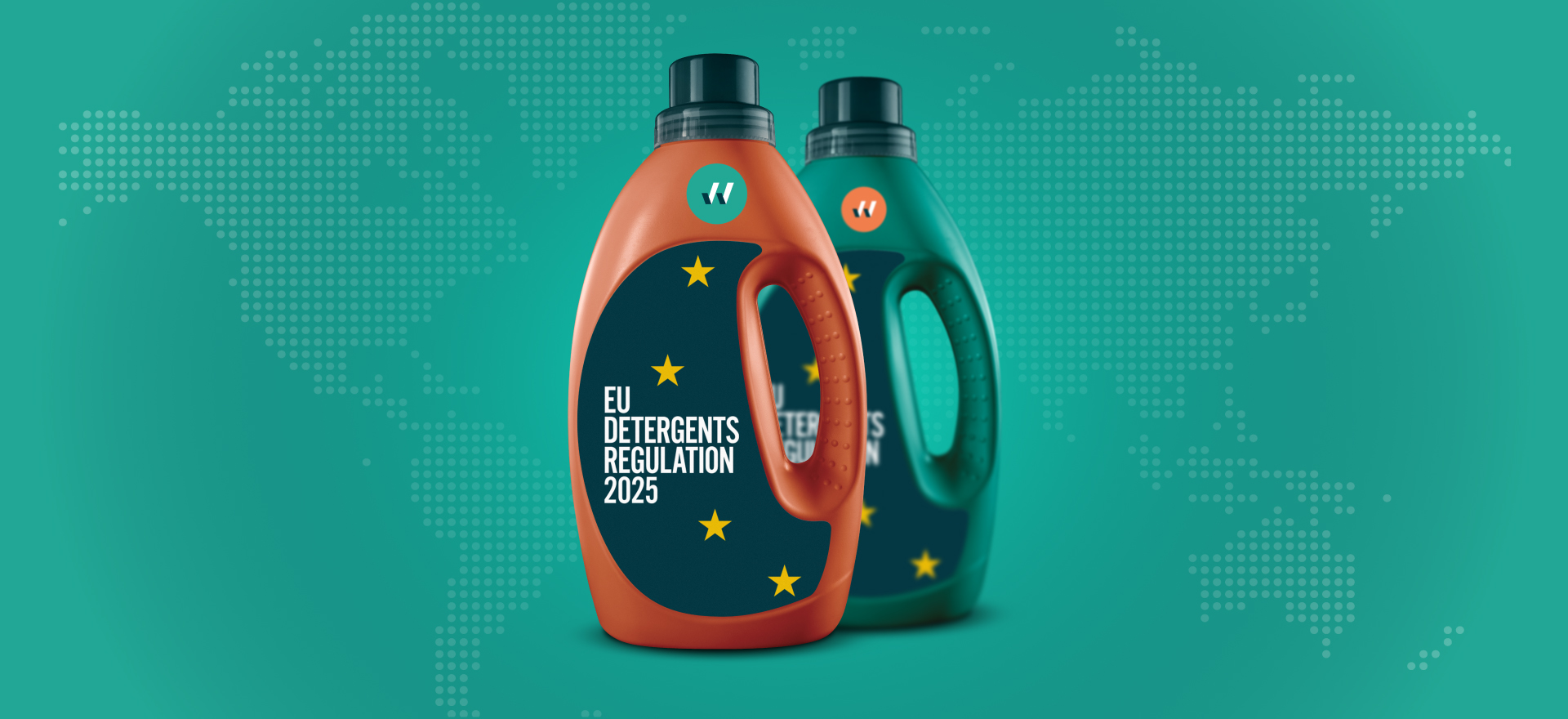Imagine this...
You’ve devised a great idea for a new product. You’ve invested time and money into developing it. Finally, you’re ready to go into production when you carry out a final implementation check… and discover the labelling is non-compliant, so all your packaging needs to be reworked.
Many food brands don’t have to imagine this scenario because it’s happened to them already. Every week, launch dates are pushed back as teams scramble to change product formulation, packaging and labelling content to ensure their goods meet local legislation.
Bringing new products to market doesn’t have to be this stressful. By integrating compliance into the NPD process, your brand can ensure that flavour and frameworks go hand-in-hand. No more nasty surprises at the implementation check!
Here are three key areas where it pays to involve compliance experts early on:
1. Product formulation
It’s the job of your product innovation team to experiment with new flavours, textures and formats. Unfortunately, they may not be looking at the legal implications of their ingredient choices – or whether their chosen formulation is appropriate for every target market.
Here’s an example of how legislation impacts NPD. A US-based bakery brand creates a delicious, glazed doughnut. If they decide to top that doughnut with sprinkles, the product might not be saleable in the UK.
Why? Because many US manufacturers use erythrosine (also known as Red No. 3) colouring to give their sprinkles a vibrant tone. However, the UK only allows this food colour in three specific products: cocktail cherries, candied cherries, and bigareaux cherries in syrup and cocktails.
There are many other ways in which product formulation can impact global compliance. Ingredients may be standard fare in some countries but may not be considered as a food source in others. For example, bracken fern shoots are a popular dish known as warabi in Japan. The same plant grows abundantly in the UK but is rarely consumed, as some studies have linked consumption of bracken fern to increased risk of human oesophageal or gastric cancer.
A compliance expert can advise on the implications of your ingredient choices and suggest alternatives that are easier to regulate internationally. Even if you’re targeting your domestic market today, developing a globally suitable product will increase its future sales potential.
2. Packaging and labelling
Local regulations dictate not only what your products contain, but also what information needs to be displayed on the label (and in what format). Failing to comply with legislation can result in financial penalties and pose an unnecessary risk to consumers.
Allergen labelling is a prime case study in packaging compliance. It can be surprising to learn which ingredients are classed as allergens in some markets and not in others. Coconut in the US, for instance, or mango in Taiwan. A universal allergen label may not include these ingredients – stopping products from going to sale in those territories.
For more examples, read our introduction to mandatory food allergen labelling.
Local regulations can also affect other product packaging elements, such as nutrition information labelling and product marketing claims. We’ve already discussed the challenges associated with different food health labelling systems on our blog. There are many examples of brands that have been fined for overstating product benefits – such as claiming that a product is good for children when it’s high in sugar.
There are also linguistic challenges to consider. Combining multiple languages on product packaging can keep manufacturing costs down, but it might impact consumer adoption. Sometimes creating fully localised products for key markets can make a much bigger impact – like when Oatly created a new Chinese word for vegan milk to launch in Hong Kong.
If your product innovation teams can work closely with legal experts, developing something that looks great and stands up under scrutiny becomes much more straightforward.
3. Local consumer preferences
Your new product might tick every regulatory box, but that doesn’t guarantee success. Local cultures, customs and preferences all impact sales – and compliance experts can often help you adapt your go-to-market strategy to connect with regional consumers.
Product localisation affects food and beverage brands of all sizes, from companies launching overseas for the first time through to global giants. For example, Coca-Cola sweetens its products with cane sugar in Mexico rather than corn syrup like in other regions. Mexican communities care passionately about preserving the country’s sugar trade and have been railing against corn syrup for many years.
Even common ingredients need to be introduced tactfully, depending on their local market prevalence. For example, breakfast cereals come in hundreds of varieties in Western regions, but they are a less typical food choice in Africa.
When Weetabix launched in East Africa, the brand found sales were affected by local taste preferences; Kenyans have quite a bland palette, for example, while Nigerians prefer full-flavoured food.
Creativity and compliance need to work side-by-side
Sometimes there can be hostility from product innovation teams towards compliance teams. Creative people feel like legal personnel are ‘putting the brakes’ on their ideas. But compliance is a necessary part of NPD – so the sooner both parties collaborate, the easier product launches become.
Involving compliance early in product innovation will help your brand to develop goods that meet local formulation, packaging and labelling requirements. Avoiding costly, time-consuming reworks as a result of problems found during the implementation check. Or worse, after the product has gone to market.
In addition to avoiding unnecessary expenses, compliance specialists will help you to design internationally scalable food and beverage products. So you can launch new products successfully into new markets with minimal product formulation and packaging design changes.
Hooley Brown is a specialist food compliance agency. We work with product innovation teams daily, helping brands bring their ideas to market within food industry legislation.
Book a free online consultation with one of our directors to discover how we can accelerate your next product launch.
This blog post was written in August 2022. Facts were correct at the time of writing.













